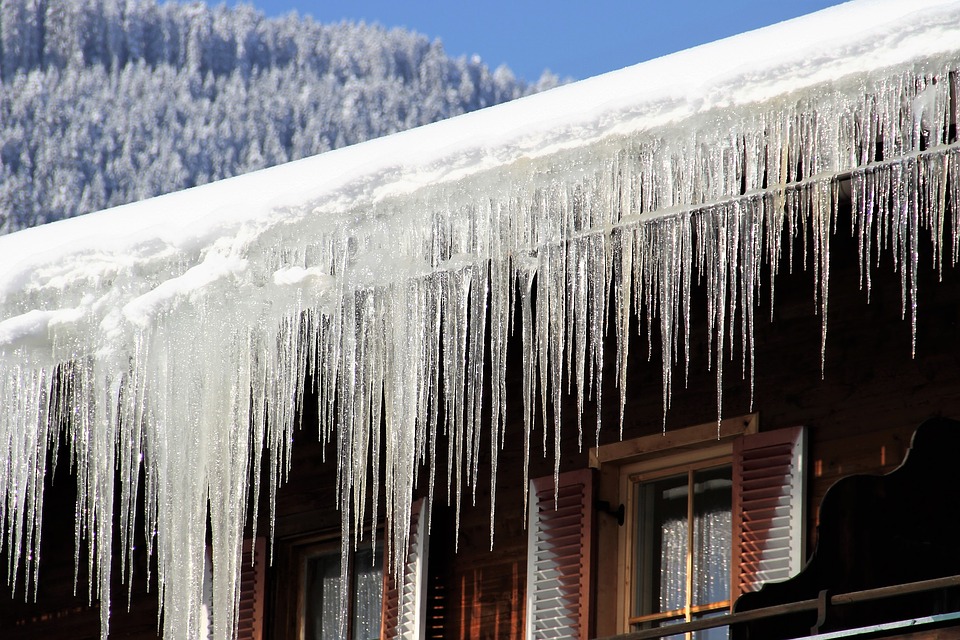General

Is Your Home Prepared For Winter?
Please read this important winterization bulletin to ensure your home is prepared for winter.
Do you have automatic sprinklers?
It’s time for an annual irrigation system “blow out”. Fall winterization is recommended to ensure that your system does not freeze over the winter. Winterization involves more than just turning the water off. It is also recommended that water be forced out of your sprinkler pipes with an industrial compressor.
Read more to learn how to prepare your home for winter.
Do you have a frost-free hose bib?
Frost-free bibs still require the removal of your hose in the winter! Not removing hoses from hose bibs can trap water that will cause the fixture to freeze.
Your Interior Finishes
The tricky question of humidity levels…
Last winter was colder than normal for our area, as a result we had many calls regarding shrinking trims, cracking drywall and separating wood floor boards. The culprit is HUMIDITY.
Cold temperatures mean turning up the heat. Wood likes consistent humidity and temperatures. Wide fluctuations will cause trims and floors to shrink and expand, causing cracks and gaps.
Humidity in your home this time of year should be between 30% – 40%. A qualified HVAC Technician can test the humidity levels in your home and determine if you would benefit from the installation of a humidifier/dehumidifier.
In the meantime… if you go on holidays do not turn the heat down to save money as it can end up costing you in the long run.
Mechanical systems require annual service and cleaning. Think of your heating and cooling systems, HRV, and tankless water heaters. Additionally, ducts and ventilation systems should be annually cleaned.
Tile and surfaces exposed to moisture, whether that’s in your shower, bath, or outdoors should be re-sealed annually.
Exterior Concrete
We do not recommend de-icing chemicals or salt to deal with ice as these products can stain or cause damage to your concrete. A strong flat bottom plastic shovel and some sand or kitty litter is your safest bet. This will give you a bit of traction but will not eliminate the build up of ice or snow.
Gutters, down-pipes, and drains.
Ensure all areas are clear of leaves and debris and that water is freely flowing. Perimeter drains & sumps around your home should be camera inspected every 5 years and any build up, debris or roots should be cleared to ensure there is no back up.
Roofing should be stepped at least every 5 years (more often as the age of a roof increases) to ensure no weather-related damage has taken place.
Please be sure that who ever performs maintenance on your home follows Worksafe BC guidelines and has the appropriate Worksafe and genreral liability insurance coverage as you as the homeowners could be liable if there is ever an accident or damage incident.
Questions or assistance:
clientservices@myhousedesignbuild.com
